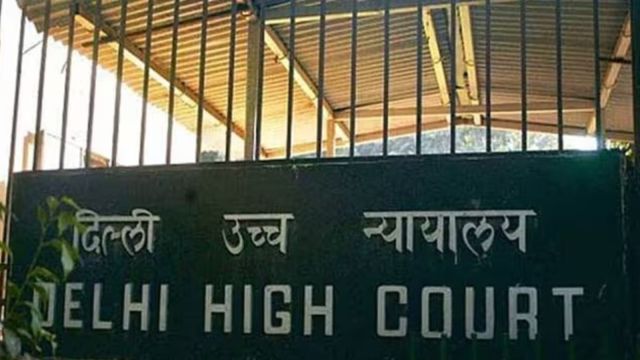No certification for film that ridicules religion, incites hatred, threatens social harmony: Delhi HC
Shyam Bharteey of Sanvika Production had moved the Delhi HC in 2023, challenging CBFC’s refusal to grant a certificate to the film for public exhibition.
 "A viewing of the said trailer itself was difficult for this Court as it contains gore violence,” the court recorded. (File Photo)
"A viewing of the said trailer itself was difficult for this Court as it contains gore violence,” the court recorded. (File Photo)The Delhi High Court on Wednesday refused to interfere with the Central Board of Film Certification (CBFC)’s decision not to grant certification to a film, which said that Masoom Kaatil “justifies vigilantism” and “communal in its portrayal”.
“In a diverse, secular society, certification cannot be granted to a film that ridicules religions, incites hatred, or threatens social harmony,” Justice Manmeet Pritam Singh Arora observed.
Shyam Bharteey of Sanvika Production had moved the Delhi HC in 2023, challenging CBFC’s refusal to grant a certificate to the film for public exhibition. Two committees — an examining committee and then a revising committee — of CBFC had seen the film.
They noted that the film “justifies vigilantism, is communal in its portrayal, is full of gruesome violence, killings, human cannibalism, expletives; shows extreme violence on animals, communal and caste remarks; denigrates religions which is likely to incite commission of violence; and depicts school teenagers involved in violence and antisocial activities.”
The plot line involves a man, an animal lover, who takes the law into his hands and starts killing butchers and those responsible for animal slaughter. The story is fictional and intended to be an emotional and thought-provoking film on animal cruelty, aiming to spark social reflection on meat consumption and the treatment of animals, according to the producer.
Justice Arora said “the exhibition of unchecked gore content as shown in the subject matter film is far from promoting social values and would instead brutalise minds and normalise lawlessness” and when “such dangerous ideas” as the film’s celebration of taking the law into your hands are combined with graphic scenes of killing and cannibalism, “the subject matter film could seriously upset public peace and encourage others to act violently, putting the safety of society at risk.”
Justice Arora noted that the film “traverses all these prohibitions” under Article 19, Freedom of Speech, which allows reasonable restrictions on grounds of decency, morality, public order, and incitement to offence.
“The subject matter film stands as a clear example of a film which is fundamentally incompatible with the (Cinematograph) Act of 1952 and (Guidelines For Certification of Films For Public Exhibition) 1991 guidelines… A viewing of the said trailer itself was difficult for this Court as it contains gore violence,” the court recorded.








